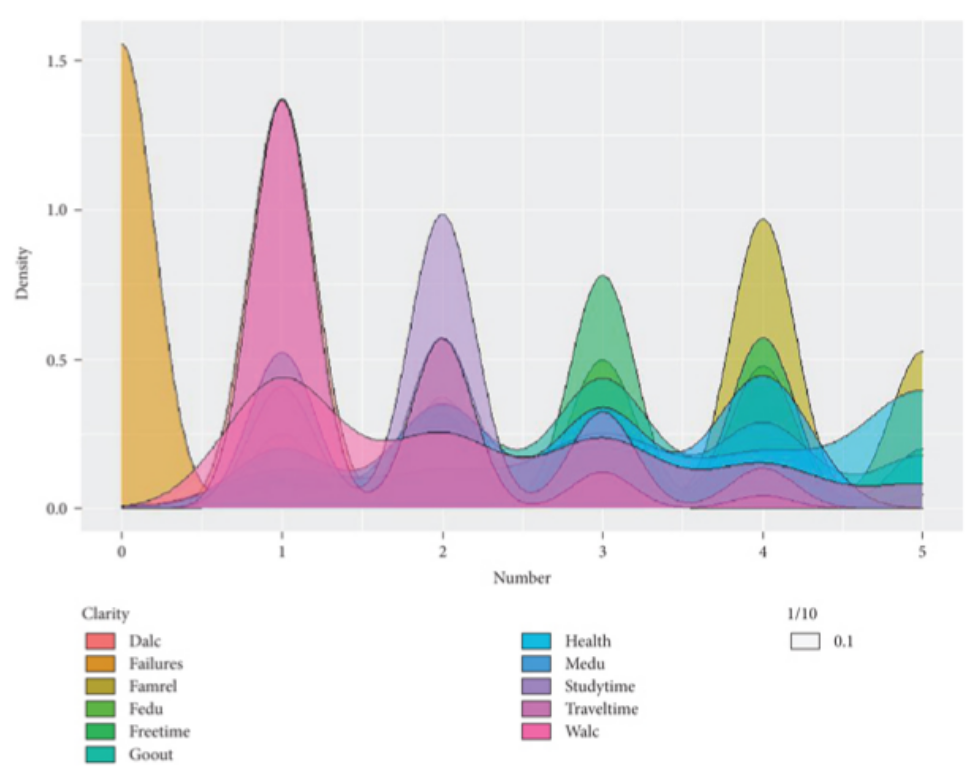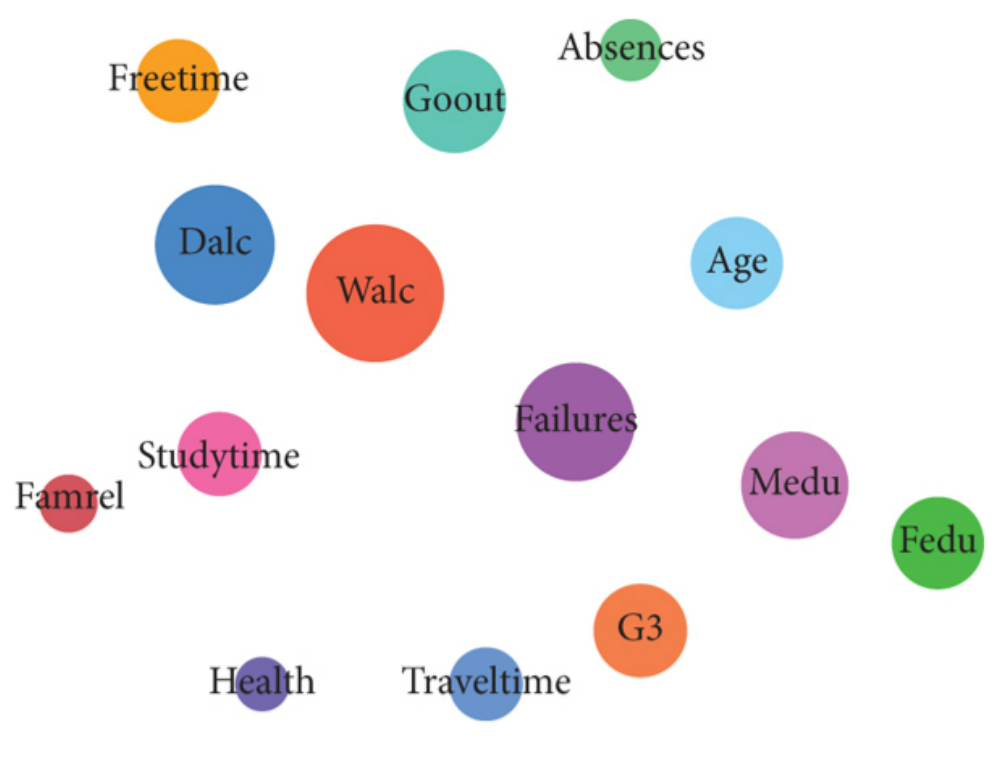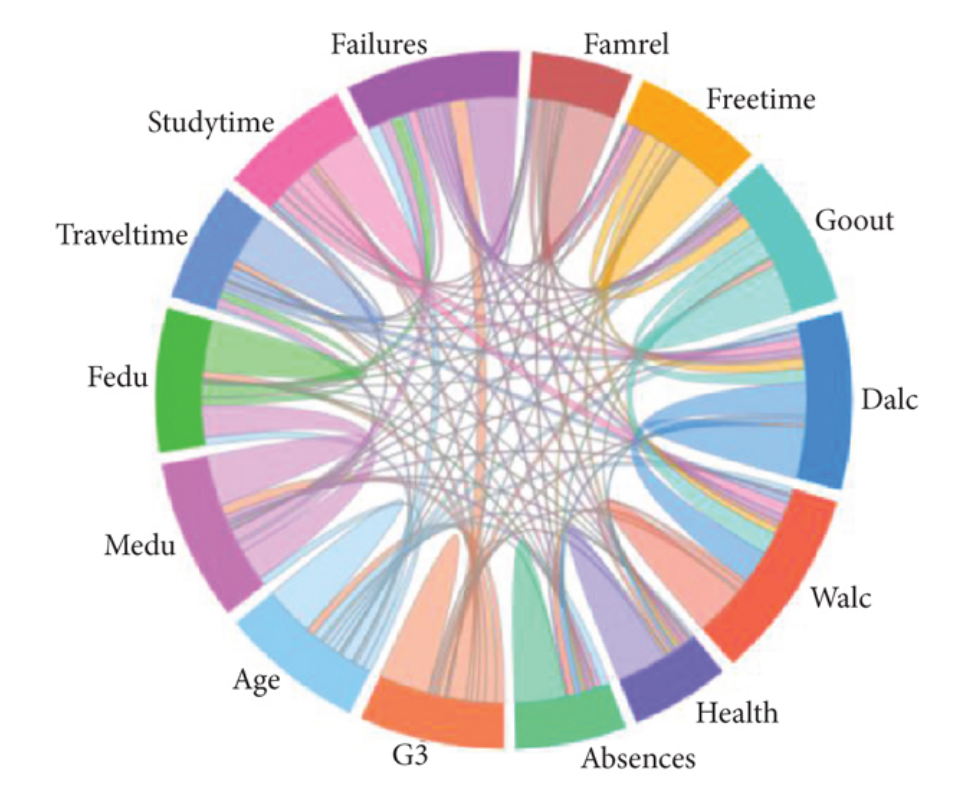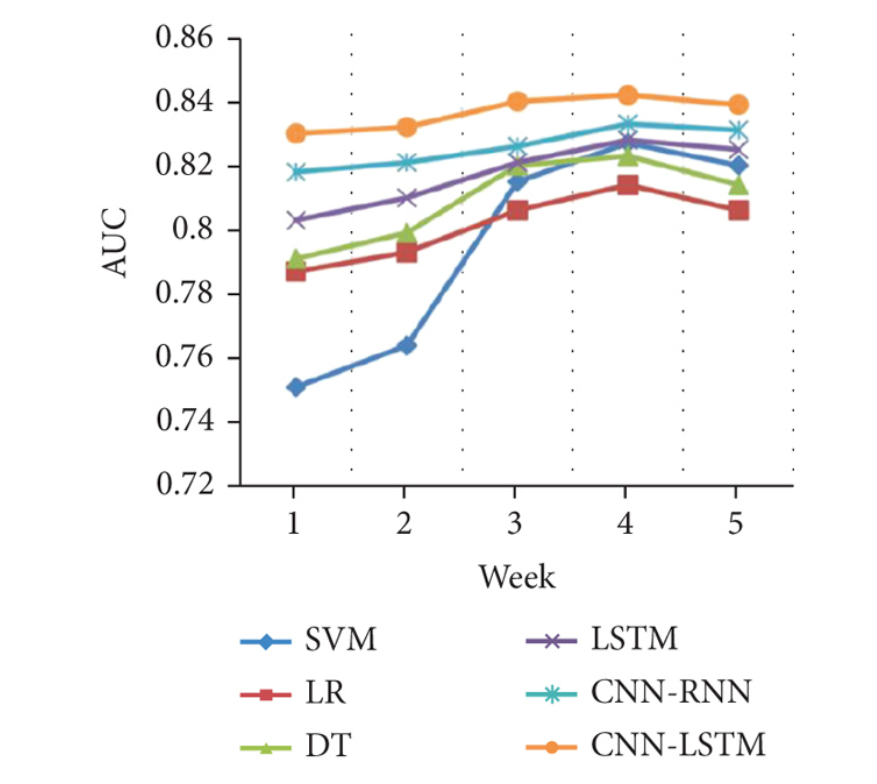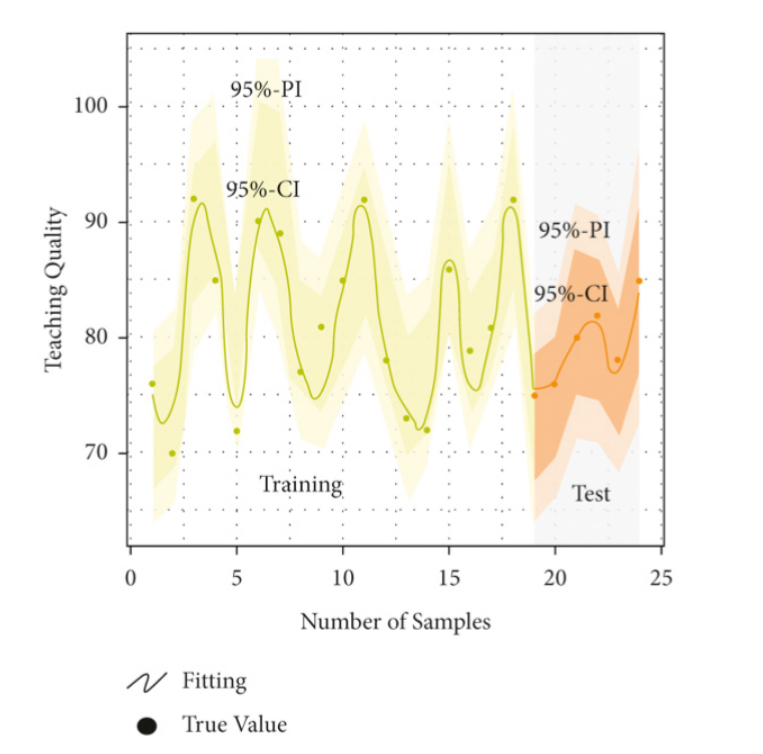 An open access journal
An open access journal
Online Discussion Forums and Asynchronous Learning: Encouraging Student Engagement
Abstract
Online discussion forums have become an integral component of asynchronous learning, offering a platform for student engagement, collaboration, and knowledge sharing. This paper explores the significance of online discussion forums in education, emphasizing their role in fostering student participation, critical thinking, and deeper understanding of course content. It delves into the strategies and best practices that educators can employ to promote effective online discussions, including clear guidelines, facilitation techniques, and assessment methods. The discussion includes the benefits of online discussion forums, such as improved communication skills, enhanced problem-solving abilities, and increased learner autonomy. Moreover, the paper addresses the challenges and considerations for educators in implementing successful online discussions, including addressing diverse student backgrounds and ensuring inclusive participation. Through a review of empirical studies and case examples, the study highlights the positive outcomes associated with online discussion forums, including increased student engagement, improved academic performance, and the development of a sense of community among learners. The conclusion offers recommendations for educators and institutions interested in leveraging online discussion forums to encourage student engagement, emphasizing the importance of creating a supportive and inclusive online learning environment.
Share and Cite
Article Metrics
References
- Arbaugh, J. B. (2000). How classroom environment and student engagement affect learning in internet-based MBA courses. Business Communication Quarterly, 63(4), 9-26.
- Beldarrain, Y. (2006). Distance education trends: Integrating new technologies to foster student interaction and collaboration. Distance Education, 27(2), 139-153.
- Garrison, D. R., Anderson, T., & Archer, W. (2000). Critical inquiry in a text-based environment: Computer conferencing in higher education. The Internet and Higher Education, 2(2-3), 87-105.
- Henri, F., & Pudelko, B. (2003). Understanding and analyzing activity and learning in virtual communities. Journal of Computer Assisted Learning, 19(4), 474-487.

